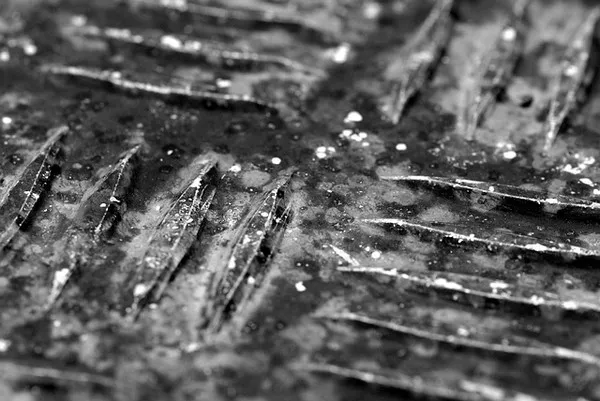Sewage systems are integral to maintaining public health and environmental well-being by effectively managing wastewater. Depending on various factors such as population density, infrastructure, and geographical location, different types of sewage systems have been developed to handle the intricate task of wastewater collection, treatment, and disposal. In this comprehensive guide, we delve into the various types of sewage systems, from centralized to decentralized approaches, shedding light on their mechanisms, benefits, and applications.
1. Centralized Sewage System:
A centralized sewage system, also known as a public sewer system, is a common approach used in urban areas. It involves the collection and transport of wastewater from households, industries, and commercial establishments through a network of pipes to a centralized treatment plant.
Network of Pipes: A network of underground pipes connects homes and businesses to a central collection point, ensuring efficient transport of wastewater.
Treatment Plant: Wastewater collected from various sources is conveyed to a treatment plant, where it undergoes processes such as screening, primary treatment, secondary treatment, and sometimes tertiary treatment.
Benefits: Centralized systems are effective in densely populated areas, as they centralize treatment efforts and minimize the environmental impact of untreated sewage.
2. Decentralized Sewage System:
Decentralized sewage systems, also known as on-site sewage systems, are commonly used in rural or remote areas where connecting to a centralized system is impractical. These systems treat wastewater at or near the source before disposal.
Individual Septic Tanks: In decentralized systems, each property has its own septic tank, where solid waste settles and is partially broken down.
Treatment and Drainage: The treated wastewater flows into a drainfield, where further filtration and purification occur through soil absorption.
Benefits: Decentralized systems are ideal for areas lacking infrastructure and help prevent pollution in remote locations by treating wastewater close to its source.
3. Combined Sewage System:
A combined sewage system is used in some older urban areas and involves the collection of both sanitary sewage and stormwater runoff in a single network of pipes.
Mixed Collection: Rainwater runoff and sewage are collected together and transported through the same pipes to a treatment plant.
Treatment Challenges: During heavy rainfall, these systems can become overwhelmed, leading to the discharge of untreated sewage into water bodies, causing pollution.
Benefits: Combined systems are suitable for regions with limited space or where separate systems are impractical due to existing infrastructure.
4. Separate Sewage System:
A separate sewage system, also known as a sanitary sewage system, keeps stormwater runoff and sanitary sewage separate throughout the collection and treatment processes.
Distinct Networks: Separate pipes are used for stormwater runoff and sanitary sewage, reducing the risk of overflows during heavy rain.
Efficient Treatment: Treating sanitary sewage separately ensures better treatment results and minimizes pollution risks.
Benefits: Separate systems are designed to prevent the mixing of stormwater and raw sewage, improving overall treatment efficiency and environmental protection.
Conclusion:
Sewage systems play a crucial role in maintaining public health and protecting the environment by managing wastewater effectively. From centralized systems that handle urban wastewater to decentralized approaches suited for rural regions, and from combined systems that manage both stormwater and sewage to separate systems that enhance treatment efficiency, the types of sewage systems vary based on local needs and infrastructure. Understanding the diverse options available for wastewater management empowers communities to make informed decisions that align with their unique circumstances and contribute to the well-being of both people and the planet.

